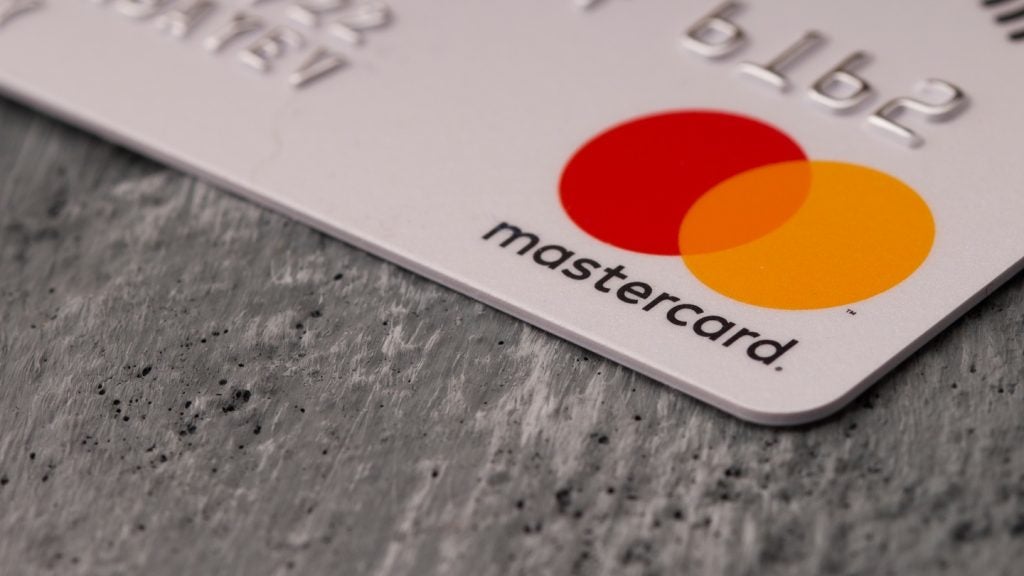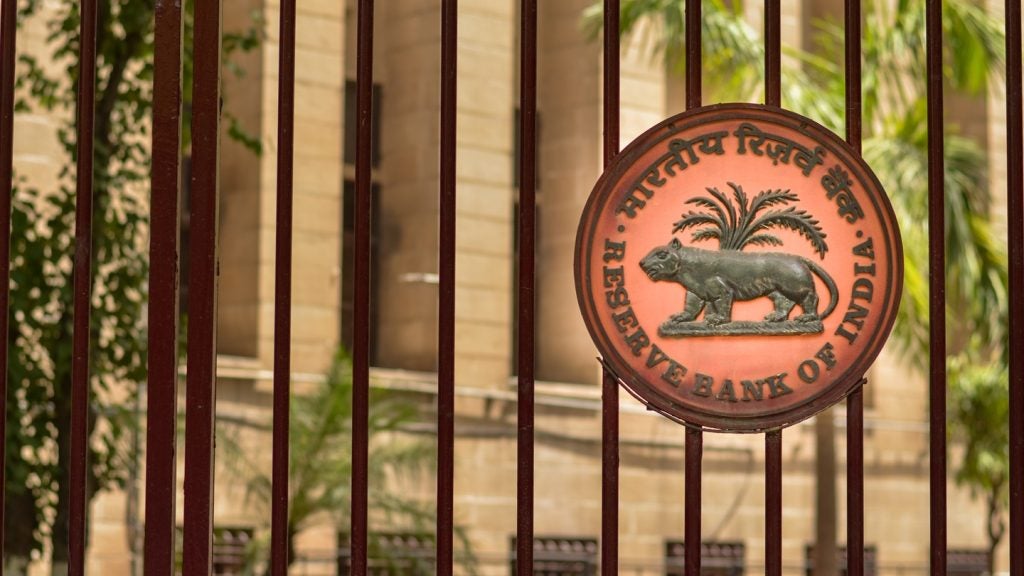For an advanced economy known for the swift technology adoption by its consumers, the Japanese still stubbornly prefer using cash when it comes to payments. However, the push towards cashless and mobile payment in Japan is about to be taken up a notch.
According to GlobalData’s payment instrument database, cash payment volume accounts for about 80% of all consumer transactions in Japan, much higher than other well-developed markets. Factoring in payment cards, the use of mobile based payments in the country is extremely low.
For the mobile payment providers, the urgency to speed up consumer adoption is serious business. PayPay, a major QR-based mobile payment platform, spent $182m over two separate cashback campaigns up to February 2019, in order to encourage mobile payment usage. Cashback promotions do work – ING Group promoted its contactless card functionality in Australia with such a scheme – but they are expensive ways to up consumer adoption.
The Japanese government is also doing its bit to promote cashless payment. It is set to carry out a nationwide Cashless Week campaign over the 10-day Golden Week holiday between April 27 and May 6, 2019. Major banks, card schemes and mobile payment providers are all participating in the promotion, in the hopes of raising awareness and encouraging adoption in the market.
In mid-March, Singaporean mobile carrier Singtel also announced that its VIA alliance, a mobile platform network, will include Japanese mobile payment courtesy of internet service company Netstars. Under the alliance, consumers from member countries, including Malaysia, Singapore, and Thailand, can now use their own mobile wallet across the 100,000 Japanese stores where Netstars payment is accepted. This is in addition to the Alipay and WeChat pay platforms which are already accepted in Japan.
With this encouragement from the government and major businesses, Japanese consumers will start to get a better sense of the new payment options. Tourists from neighbouring China, Malaysia, Singapore, and Thailand will also add volume to the Japanese mobile payment market, increasing its attractiveness to merchants. These events and initiatives will positively influence the mobile payment environment in Japan, giving it a higher profile and momentum that has been sorely lacking up to this point.

US Tariffs are shifting - will you react or anticipate?
Don’t let policy changes catch you off guard. Stay proactive with real-time data and expert analysis.
By GlobalData









